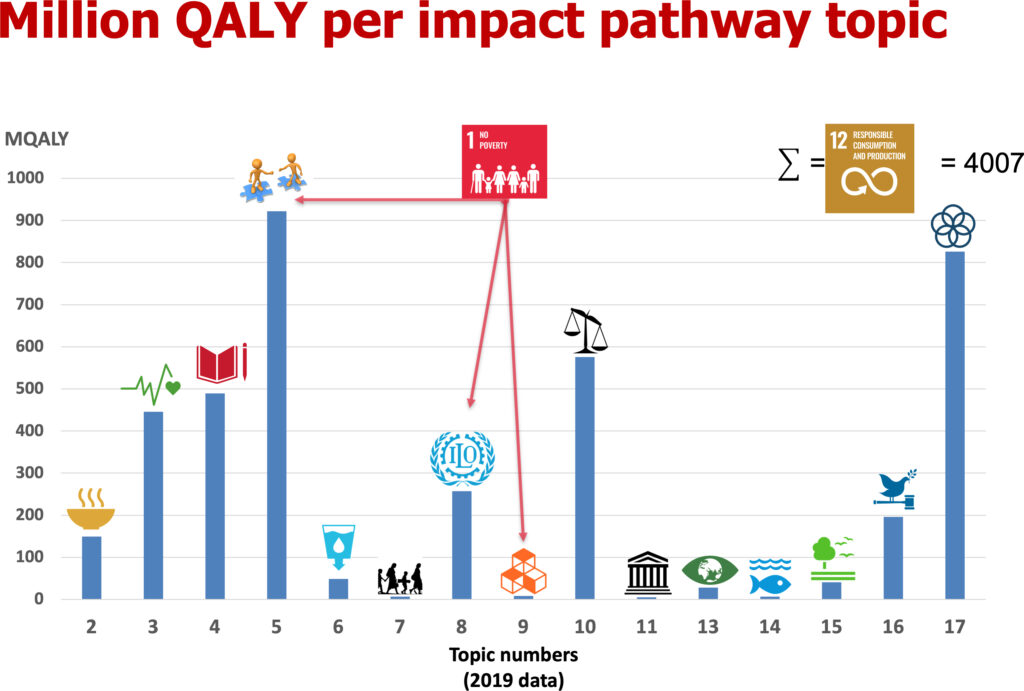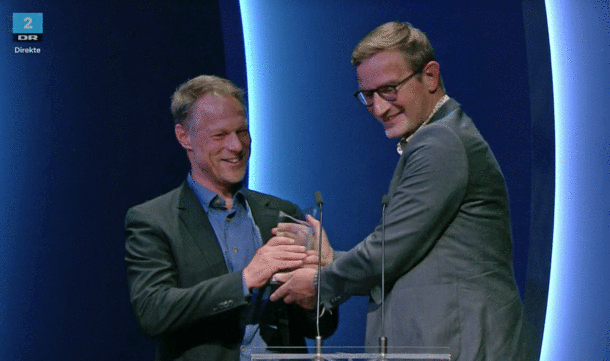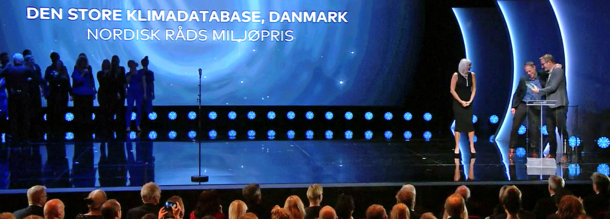Blog
Consequential LCA is the new trend
April 25, 2022 by admin
During the last two years, we have experienced an exponential increase in the demand for consequential Life Cycle Assessments. This is a welcome development, since we have always regarded consequential LCA as the most efficient way to achieve real improvements in environmental impacts. We pride ourselves of a history of more than 20 years of active contributions to the development of the research field of LCA.
Since it appears that consequential is the new trend in LCA, we are currently seeking new colleagues for our offices in Aalborg, Amsterdam, Barcelona, and Copenhagen, both at entry level and with challenges for the more experienced management consultants. We work in small teams, so we all learn on the job as we continually strive for excellence in all we do. Does this sound like you? Check out our generic page for job openings and see a small selection of our recent projects.
Consequential LCA social event
If you happen to be in Copenhagen at the time of the SETAC conference, and you have a strong interest in consequential LCA, why not come and meet us for a snack and a drink at the Consequential LCA social at the Copenhagen Campus of Aalborg University (close to the conference venue) on Tuesday 17th at 19:00-21:00? The event is sponsored by 2.-0 LCA consultants together with the Danish Centre for Environmental Assessment.
Open data for Life Cycle Sustainability Assessment
February 20, 2022 by Bo Weidema
4½ years after starting the crowdfunded SDG club we can now present the first complete set of open data for Life Cycle Sustainability Assessment. The results have been made possible by the support from our business partners, including ArcelorMittal, Corbion, Novozymes, and Janus, with funding from the UNEP Life Cycle Initiative SDG project.
The data files include quantitative impact data for 76 impact categories for 163 countries covering more than 99% of global population, GDP and impacts. By applying the ‘capitals’ approach to defining the Areas of Protection, we ensure the 76 impact categories provide an exhaustive coverage of all social, ecosystem and economic impacts. Another unique contribution of our method is the use of sustainable wellbeing (utility, measured in Quality-Adjusted person-Life-Years, QALY) as a comprehensive summary indicator. This allows to quantify relative importance, trade-offs, and synergies across impact categories, and to compare business decisions, performance, and improvement options across industries.

The data files include impact pathways descriptions structured under 17 topics, largely mirroring the 17 UN Sustainable Development Goals (SDGs), however restructuring the indicators so as to avoid overlaps and gaps. The data files include the links between the 17 impact pathway topics and each of the 244 official SDG indicators. Characterisation factors are still under development for each specific impact pathway, linking back to the pressure category indicators, which have been defined to allow for aggregation and disaggregation at any level of geographical, organisational, and product detail.
We find that 31 of the 76 impact categories, representing 78% of all wellbeing impacts, are related to missing governance at the country level, ultimately linked to economic pressure indicators of inequality, notably ‘underpayment of labour and taxes’ and (insufficient) ‘voluntary transfers’. The insight that a large part of the overall impacts (here 78%) come from the same limited set of pressure indicators was used as basis for developing the ‘social footprint’ methodology (Weidema 2018), which has now been updated with these latest method and data improvements. Another 28 impact categories, representing 13% of all wellbeing impacts can be described as having ‘data reasonably available’, including those related to global warming, leaving only 17 impact categories, representing 9% of all wellbeing impacts, with poor availability of pressure category indicators.
The further work on characterisation factors and methodological and data improvements will continue via the crowdfunded Social and Sustainability LCA club where members have early access to updates and support for implementation of the current method in their own case studies.
No marketing claims without LCA
January 10, 2022 by Bo Weidema
Cases of greenwashing or misuse of terms, such as ‘sustainable’, have led to bad press for many companies. And in Denmark, such cases also lead to sizable fines. Just before the turn of the year, the Danish consumer Ombudsman released a collection of examples of court decisions as part of a new ‘quick guide’ to companies on how to deal with environmental marketing (Quick guide in Danish).
The many court rulings point to an increasing firmness against ill-founded environmental claims.
The quick guide states (in our translation) that: ’documentation for sustainability claims must be based on a life cycle analysis that shows that the company does not impair the ability of future generations to meet their needs. Health, social and ethical issues must also be considered. It is therefore very difficult to call a product etc. sustainable without being misleading.’
Worth mentioning is also the statement that any claim must be documented and substantiated by independent experts and that ‘convenient’ omissions will not be tolerated. Furthermore CO2-reduction claims are only allowed if the company has a reduction plan in place. Overall, we find there is much sound advice for companies in the new guideline.
As consultants we sometimes get a glimpse of the huge internal pressures from ‘the marketing department’ which ultimately may lead to various green claims despite expert advice. The European Commission in early 2021 commissioned a screening of websites for ‘greenwashing’ and found that half of green claims lack evidence. We hope that these collections of examples can be a good support for those who need arguments to stand the ground against the temptation of simplified ‘green’ claims, also at the international level. LCA is the best tool to provide actual evidence for any environmental or sustainability claim on products, especially if the LCA is done properly, accounting for the entire lifecycle of a product, without flawed system boundaries or inconsistent data sources.
Great data in the limelight
November 3, 2021 by admin
Our CEO, Jannick Schmidt, was invited on stage together with programme manager Michael Minter at yesterday’s prize show in Copenhagen’s Skuespilhuset to accept the Nordic Council Environment Prize 2021 for the “The Big Climate Database”! It is not often that great data attracts such limelight – but that happened last night.

The Big Climate Database was developed by us for the Danish Think Tank CONCITO with funding from the Salling foundations and has catalogued 500 of the most common foods in Denmark and calculated their CO2 footprint. We are so pleased that the Danish Think Tank CONCITO was honoured for their forward-thinking project.
In 2019 the award was won by Greta Thunberg for calling us to action.
Now it is time to get the right data out to people to substantiate their actions.
You can read the jury’s motivation in English here:
https://www.norden.org/en/news/concito-denmarks-green-think-tank-wins-2021-nordic-council-environment-prize
